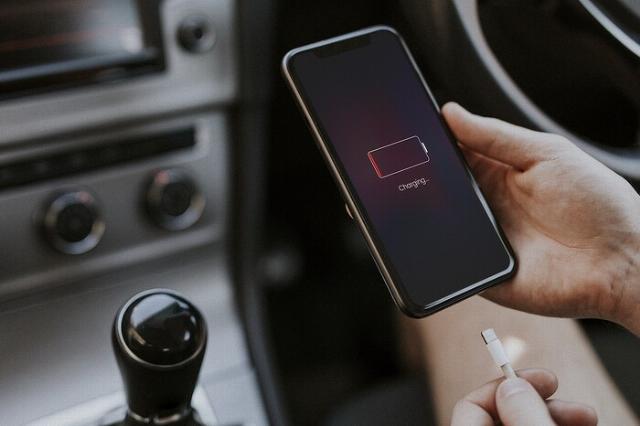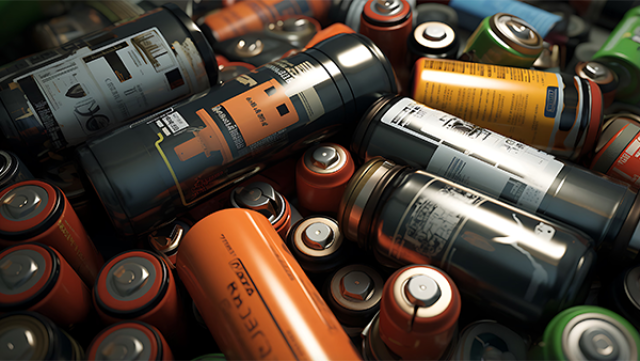Artificial intelligence has proved to be very useful in extending the life of batteries and increasing their capacity. Rapid failure and inability to store a large charge are two of the three main problems of modern lithium batteries. The third ailment is increased explosiveness, which AI has not yet eliminated.
The real benefits of artificial intelligence
Modern batteries will be able to work longer and retain more energy thanks to artificial intelligence algorithms. According to the NewAtlas portal, the neural module as part of the Battery management System (BMS) will increase its capacity by 10% of the current one, and its service life by a quarter, that is, by 25%.
This result was achieved by specialists from Eatron Technologies and Syntiant, the fruit of whose joint work was a BMS with an artificial intelligence-based controller. In addition to the standard functions of the BMS board, the company's development monitors two key battery parameters – the state of health (SoH – State of Health) and the state of charge (SoC – State of Charge) – with significantly higher accuracy compared to classic BMS boards.
NewAtlas provides a visual comparison of the operation of lithium batteries with a conventional and "smart" BMS board. With a conventional battery, such batteries can withstand 500-1000 recharge cycles, after which they begin to rapidly degrade.
 |
| You will have to charge your smartphone and even more so change the battery in it much less often thanks to AI |
| Source: cnews.ru |
An advanced BMS board with artificial intelligence is potentially able to increase this value to 625-1250 cycles. LiFePO4 batteries, which are increasingly found in electric vehicles and motorhomes, can withstand more than 5,000 charging cycles with standard BMS. The AI board can potentially increase these indicators to more than 6250 cycles.
How everything works
In fact, Syntiant managed to achieve a breakthrough. Her staff has developed a special neuroprocessor NDP120 (Neural Decision Processor), which monitors battery operation in real time and uses a predictive diagnostic method in real time to identify potential problems in battery operation much in advance, and moreover only by indirect signs. Eatron Technologies created the BMS board directly.
Based on the data obtained, NDP120 uses artificial intelligence algorithms to make decisions to prevent battery failures and improve its safety. Along the way, it optimizes its performance.
One, two – and into production
The key feature of the NDP120 is that it was created from the very beginning with an eye to fast and easy integration into BMS boards. In other words, it is hardly necessary to make grandiose adjustments to the current circuitry of such systems in order to introduce an additional tiny chip into it.
Another advantage of the chip is that it is not tied to cloud systems, that is, the board will be able to intelligently analyze the state of the battery and adjust its operation in completely offline mode.
According to New Atlas experts, NDP120 may well find very wide application in batteries for electric vehicles, as well as in aircraft powered by electricity rather than fossil fuels.
After talking about the relatively simple procedure for integrating the NDP120 into the BMS board, representatives of the chip developer company did not say anything about the timing of the start of its mass production. The NDP120 premiered in Stuttgart (Germany) as part of the specialized exhibition The Battery Show Europe 2024, held from June 18 to 20, 2024.
And while Eatron Technologies and Syntiant were creating a BMS board with a neural chip that increases the service life of lithium batteries, as well as their capacity, a group of American and Chinese researchers overcame the third drawback of such batteries – high explosion hazard. In February 2024, CNews wrote that scientists had found a replacement for a combustible electrolyte – they made their innovative material from products sold in an ordinary hardware store.

